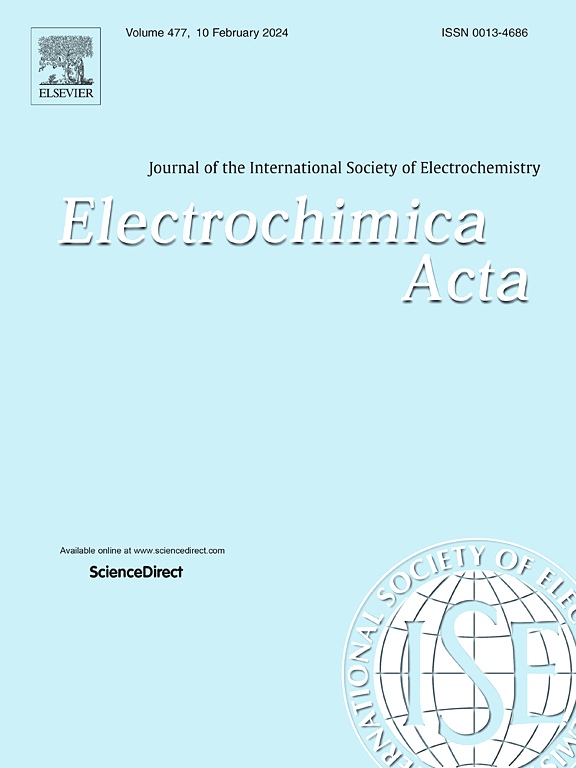From limitations to efforts: Improvement of Ti/SnO2 electrodes
IF 5.5
3区 材料科学
Q1 ELECTROCHEMISTRY
引用次数: 0
Abstract
This study investigates some innovative efforts to improve the electrical conductivity of Ti/SnO2 electrodes, which are widely used electrodes in electrochemical oxidation processes. Considering the increasing challenges of water resource management and pollution, improving the performance of these electrodes has become crucial. In this regard, this research aims to evaluate the effects of various modifications, including the use of tungsten trioxide nanoparticles, and samarium oxide particles, on electrical conductivity and stability of Ti/SnO2 electrodes. Various techniques were used to analyze the structural, morphological and electrochemical characteristics of the modified electrodes. Results show an improvement in the performance of modified Ti/SnO2 electrodes, especially, the final modification with addition of samarium oxide led to remarkable enhancement in the electrochemical properties of this electrode, increasing its electric conductivity (and thus decreasing the energy demand, because of a reduction in the resulting cell voltage) and improving electrocatalytic properties (affecting positively to the activation of oxidants such as peroxosulfates). These findings suggest that the modified electrode can be used as effective and efficient solutions for addressing water treatment challenges soon, being a topic worth of further research work in the search of the real application of electrochemical technologies to treat wastewater.
求助全文
约1分钟内获得全文
求助全文
来源期刊

Electrochimica Acta
工程技术-电化学
CiteScore
11.30
自引率
6.10%
发文量
1634
审稿时长
41 days
期刊介绍:
Electrochimica Acta is an international journal. It is intended for the publication of both original work and reviews in the field of electrochemistry. Electrochemistry should be interpreted to mean any of the research fields covered by the Divisions of the International Society of Electrochemistry listed below, as well as emerging scientific domains covered by ISE New Topics Committee.
 求助内容:
求助内容: 应助结果提醒方式:
应助结果提醒方式:


